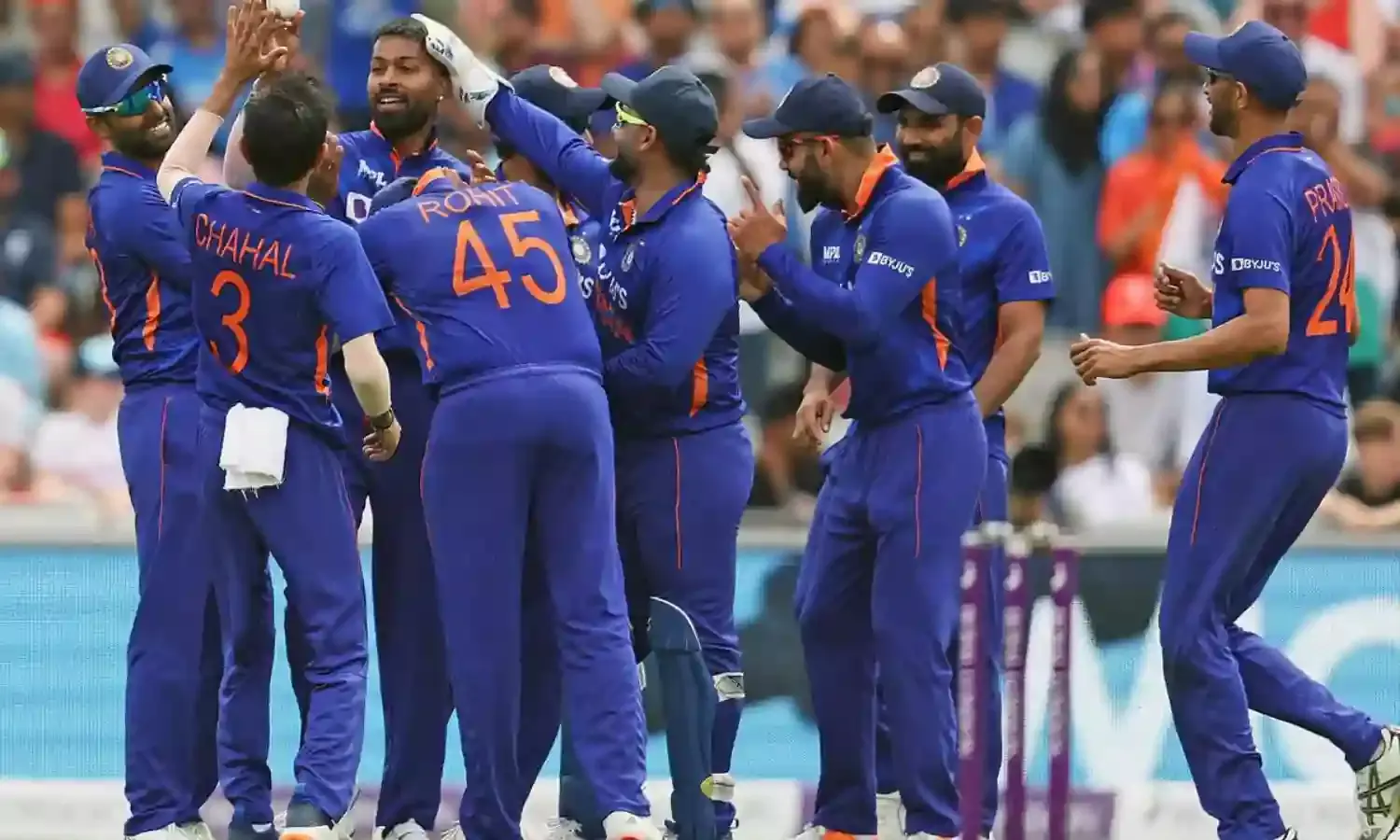Streamline Cricket Schedules, Don't Scrap ODIs
No one expected ODIs, a popular format, to become the whipping boy of international cricket
In the wake of Ben Stokes's retirement from ODIs, a discussion about players feeling the strain when figuring in all three formats of the game was expected. But one didn't expect ODIs to become the whipping boy of international cricket. When announcing his retirement Stokes said that playing all three formats was "just unsustainable for me now".
The main issue, however, should be the amount of cricket being played these days, and how this has taken its toll on the cricketers. The lesson to be driven home is to have less cricket, not axing a format which is still popular and has a relevant impact on the sport.
And yet this is what some players, led by Wasim Akram, have advocated. The former Pakistan captain wants administrators to scrap the ODI format, saying it has become "run of the mill" stuff. Highlighting its predictability Akram who is also a commentator said , "even as a commentator ODIs are just a drag now especially after T-20s. I can imagine how dull it is as a player".
According to him the 50-over game has no future before the ever growing popularity of the T-20 format. He is convinced that "ODIs used to be fun but now one-day cricket is dying". Fairly harsh words coming from a man who took 502 wickets in 356 ODIs besides playing a leading role in Pakistan's triumph in the 1992 World Cup.
The fact remains that despite Akram's doomsday predictions ODIs are popular and still bring in spectators, advertisers and sponsors. Yes, it is behind T-20 in popularity but still ahead of Test matches as a spectacle to watch. The traditional format is followed with great interest even if this is not reflected by attendances at the grounds.
A couple of days after Akram called for the format to be scrapped Australian batsman Usman Khawaja said the same thing, "ODI cricket is dying a slow death". The Test opener who hasn't played limited-overs cricket for Australia since 2019, said it's clear to him something has to give on the international calendar and it's most likely to be 50-over matches.
"My own personal opinion, and I know a few of the guys who have similar views, you've got Test cricket, which is the pinnacle, you've got T-20 cricket, which obviously has leagues around the world, it's great entertainment, everyone loves it, and then there's one-day cricket," he said. "I feel like that's probably the third-ranked out of all of them. There is still the World Cup, which I think is fun and is enjoyable to watch, but other than that, even myself personally, I'm probably not into one-day cricket as much," he added.
According to Khawaja, while he didn't think it was impossible to be a three-format player in the modern era, it wouldn't be an easy life. "Not impossible but very tough," he said, "so much travelling. If you're playing all three forms of the game, you're not at home at all really. There are the demands on your body, mentally, physically with a lot of the guys also playing the IPL. There's a lot of cricket going on. Yes, you get to pick and choose, I guess, what you want to play but it can be very tough at the moment."
Khawaja however had a bright view on the future of Test cricket. "The majority of people I talk to still love Test cricket," he said, "it's my favourite format. I think Test cricket still has a very strong presence so I don't really see that going anywhere. I feel both Tests and T-20 can be quite easily balanced, but then you ask yourself the question what does one-day cricket give".
The fact remains that one-day cricket has a lot to give and is still followed closely whatever the cynics might think. Cricket fans, while talking about the T-20 World Cup to be held in Australia, are already looking forward with eager anticipation towards the 50 over World Cup in India next year. ODIs have retained their entertainment value and in some ways are even more memorable than Tests or T-20 games.
Can anyone ever forget the dramatic events of the 2019 World Cup final? Those are the kind of memories that will live for all time. And the two just concluded India-West Indies ODIs proved that the format still has much to offer.
Scrapping ODIs is not the solution, cutting down on cricket is. Yes, there is too much cricket being played these days but that has been the trend for some years now. The commencement of the IPL, the mushrooming of T-20 leagues the world over, the elevation of two more teams to Test rank, the growing number of bilateral series and various tournaments have all crammed the international cricketing calendar so much that admittedly there is little breathing space for cricketers who need the break they sometimes get.
In fact it is great for a sport to have as many as three formats. As can be seen there are more avenues for young, talented cricketers with some of them being specialists in a given format. It is the scheduling that needs to be looked into seriously. Scrapping a still popular format which has much to offer the game is not the solution. Playing less number of matches overall and streamlining the programme is the way out to prevent cricketing burn-out. Indeed if there are a lesser number of matches to be played perhaps Stokes would not have to take the decision he was forced to take.





